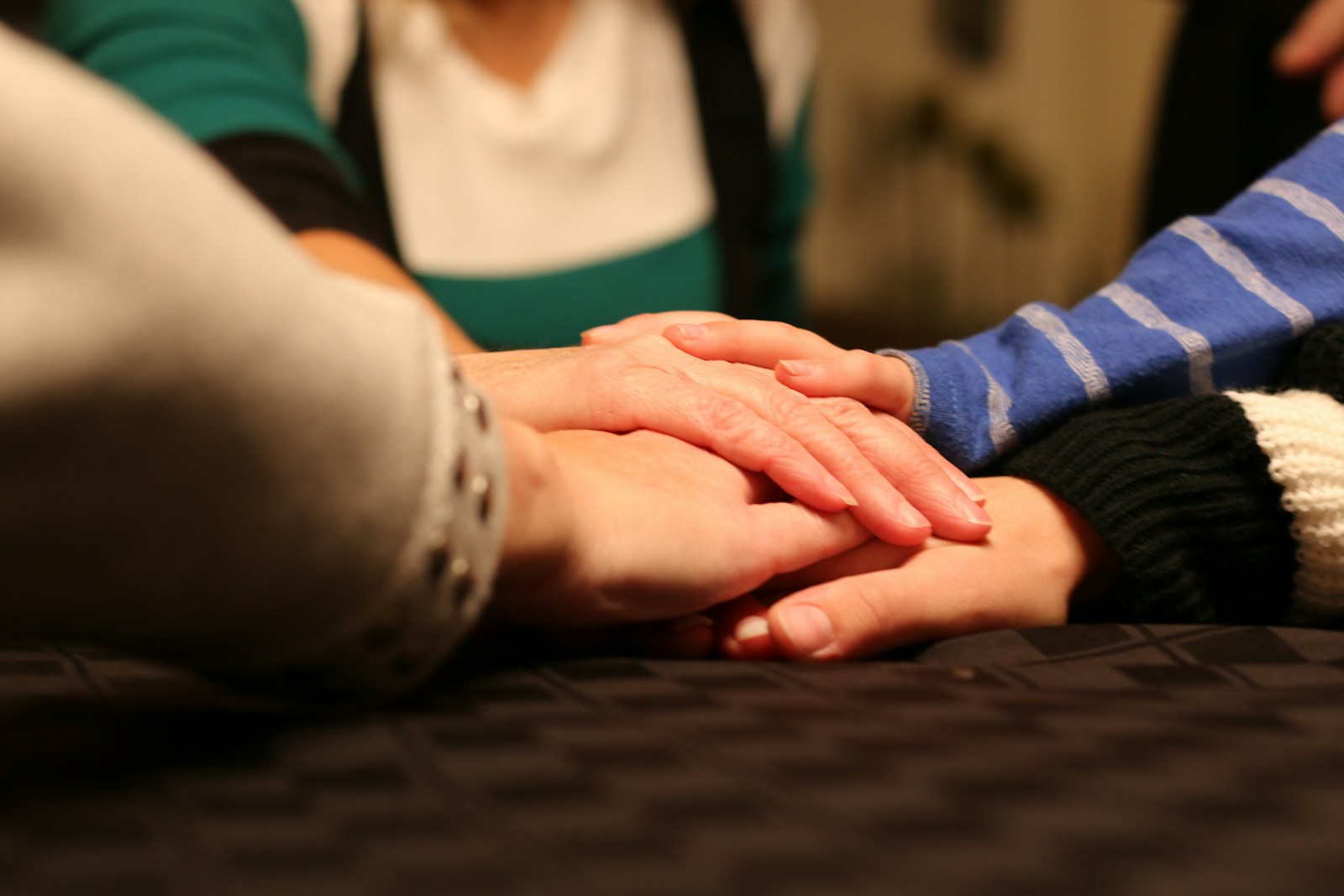By Surya Seetharaman
Recently, a friend and colleague asked if I were interested in speaking together at a conference. I was pleasantly surprised because I hadn’t contributed much to the project they were presenting, but I expressed interest.
We met to discuss the presentation and that’s when I learned the real reason I was asked to participate: The conference’s diversity, equity, and inclusion (DEI) initiatives required at least one speaker who does not identify as a man. I was offended; it felt like I was approached only because of my gender, not based on merit.
My friend assured me that wasn’t the only reason I’d been asked. They needed new contributors to the project because there was a lot of work to do and they were hoping I could help fill that gap.
I gave it some thought and tried to understand why the DEI initiatives were in place. I also thought about the other side of the coin, where people who wanted to present couldn’t, unless they found someone from a minority group to present alongside them.
As I thought about the bigger picture and the benefits this opportunity would bring, I decided to forgo my ego bruise. Once I let go of feeling offended, I realized that I was also feeling very uncomfortable presenting something that I hadn’t contributed directly to. My ethics didn’t agree with that. How could I possibly step onto a stage and act as the face of something I hadn’t worked on?
Resolving to help more
I did some research on the project. The technology was not totally alien to me and I had a good grasp of the fundamentals it was trying to achieve. In fact, its overall goal made me feel excited to contribute. If done well, it would be super useful to users.
I made a resolution to go ahead with this speaking opportunity only if I got the opportunity to give back to the community tenfold and become a key contributor. My friend was more than willing to help me on that journey.
With that resolve, we submitted our talk. My co-presenters were supportive and made me feel welcome. They said that as long as I was interested and had a passion for the project, nothing else mattered.
Participating in the conference was a huge opportunity and it had such a positive impact on me. I met a lot of experienced people across the Open Source community and I felt inspired! I learned a lot of new things from the people and the various panels, sessions, and discussions at the conference. Our presentation went well and I consider giving a talk at such a big conference quite an achievement.
However, once the conference was over the guilt started kicking in.
Guilt as a motivator
I felt like I owed the community and the people who had given me this chance. I wanted to focus on the promise I’d made, but it was hard with higher-priority things getting in the way. Whenever I deviated from my plan, the guilt kept me on track. It reminded me that I had to give back to the community that had given me such a good opportunity. After a few months of struggling and juggling, I can proudly say that I didn’t give up. Today, I’m an active contributor to that project.
I love the challenges it presents, and I enjoy solving some of the key issues in the project’s area. I also have been able to take the lead in implementing this upstream project in our downstream ecosystem. As icing on the cake, I was again invited to present with the team and give the community updates for the project. This time, it was not because of a DEI initiative, as the ratio was already balanced.
Feeling guilt isn’t so bad after all!
I’m glad that I took the opportunity and it turned out to be a win-win situation for everyone involved. If I hadn’t been approached about co-presenting, I probably would have never gotten involved in this project. That would have been such a miss! I’m grateful to the people who gave me this chance and supported me.
I’m probably not the only woman who has faced this. I want to tell all the women out there if such an opportunity presents itself, there’s no need to feel guilt, or that you “owe” anyone or any kind of pressure. If you feel the pressure, turn that emotion into a weapon and do good with it! Take the opportunity if it will benefit you and make the most of it. Later on, if you can do the same for another person and uplift them, that’s how you can really pay back to the community. After all, that’s what Open Source community is truly about: the people behind the technology!
Surya Seetharaman is an Open Source advocate and contributor (active in Kubernetes, OpenShift projects) working as a Senior Software Engineer at Red Hat in the OpenShift Networking team. Her areas of interest include Cloud Infrastructure and Networked Services and Systems.
Photo by Nadir sYzYgY on Unsplash



